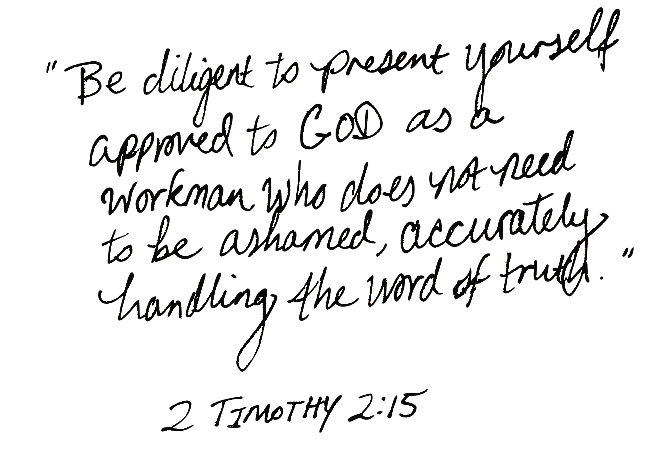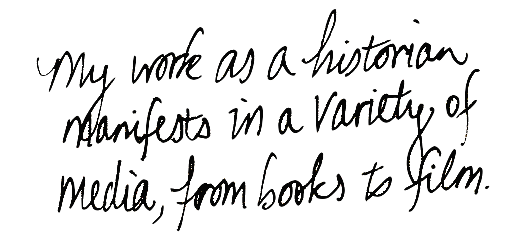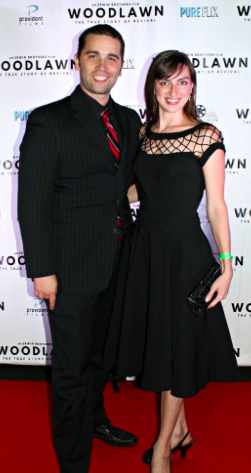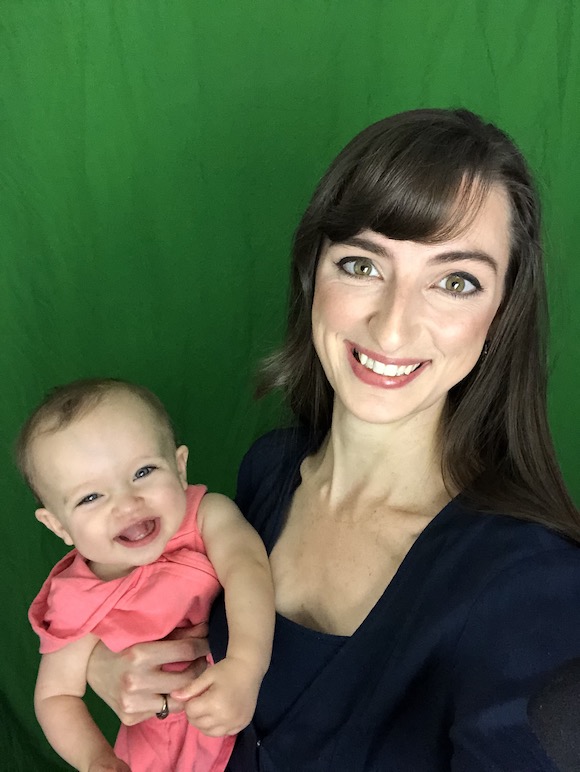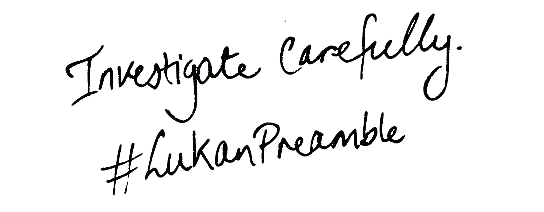
It’s been fourteen years since the launching of “the most powerful name in news.” How has media in general changed within that time?
Fourteen years ago, I witnessed the beginnings of the Fox News channel as a six year old. I called the O’Reilly Report the “Oh Really? Report” and was still at the age when animated cartoons seemed more interesting.
When I was a small child and thought the news was boring, I asked my father, “Why do you like to watch people talk?”
“So I can find out what’s going on,” he replied.
At my grandparents’ houses, I frequently saw newspapers scattered about. But in our home, news mostly came through television and radio (or occasionally magazines).
We didn’t acquire internet access at home until I was 13 years old. As soon as that window to the World Wide Web was open, I took active interest in current events. After thinking about historians treasuring accounts made by average observers in the past, I wondered how important it could be for ordinary people like me to write down events happening in my life and in the news.
Besides keeping a journal, I started a free MSN Groups website in order to launch our family homeschool e-newsletter, “The A Place to Read Gazette.” The next MSN Group project was “Spin the Globe,” an information database and newsgroup that I started with another homeschooled teen. We hadn’t heard of “citizen journalism” yet, but I think we were already developing a good idea of what it was.
Since then, MSN Groups has been shut down, and new communication tools have appeared – WordPress (2003), Facebook (2004), YouTube (2005), and Twitter (2006) are utilized by common citizens and media moguls alike. Nowadays, if someone asks why you like watching a syndication of messages no longer than 140 characters, your response may very well be, “So I can find out what’s going on.”
Washington Times Communities’ Leticia Barr said last month that “social networking serves a real purpose in times of crisis and possesses the power to bring people together.” Sometimes the new citizen-driven media has usurped the elite media, such as during the case of the Nashville flooding.
One factor that has become more prominent in light of new media technology is personal accountability. Viewers, readers and listeners now have more fact checking resources at their disposal than they did in the past. We have increasingly diminished excuses for being uninformed when the mainstream media falls short.
The very website you are reading this on is a flourishing example of the way media has become more tangible and personal. While individual blogging can be an effective way of sharing information, the Communities illustrates the strength of gathering independently informed voices together in one public square. Not many of us are professional journalists, and we don’t abide in a newsroom.
But we are observant citizens who are set to find out what’s going on.
Read more of Amanda’s column Not Your Average Read in the Communities at The Washington Times.
[Hey, anybody who has been homeschooled at some point in their lives – would you mind helping me collect some data for a project of mine? I would certainly appreciate it!]

